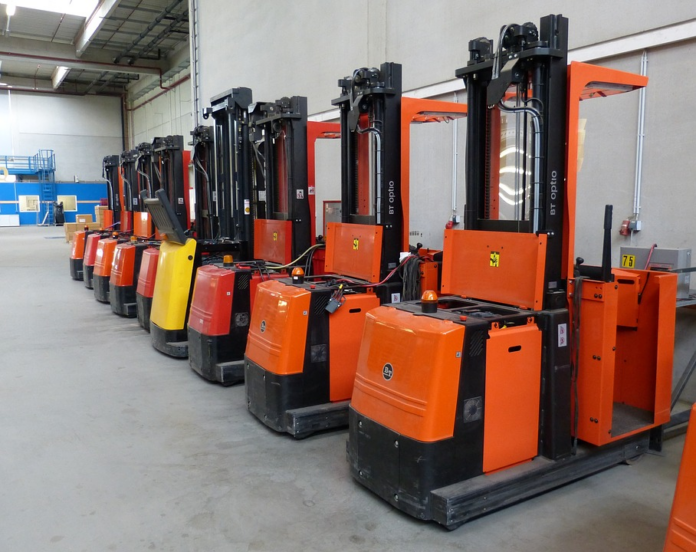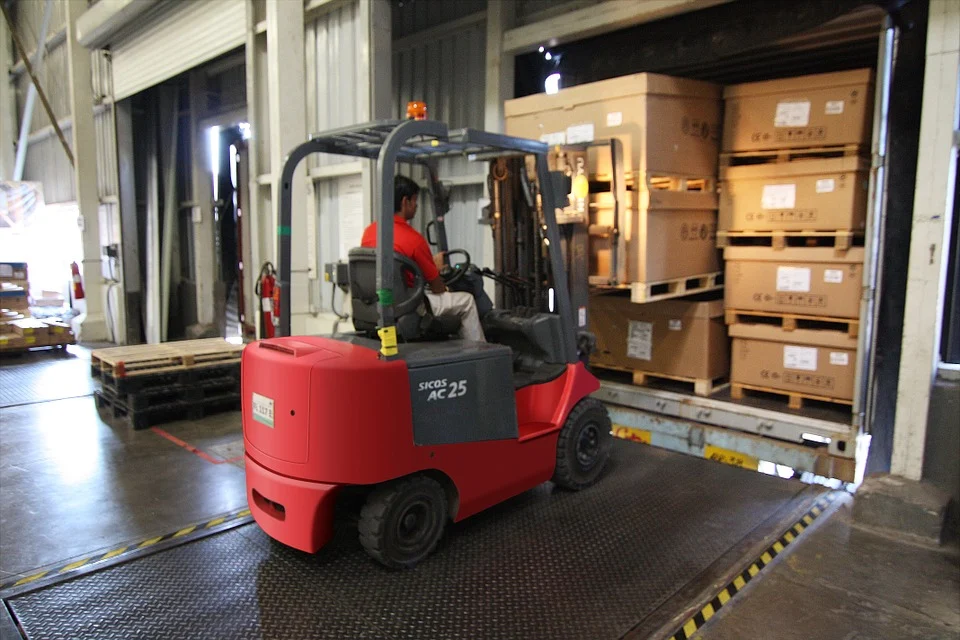When a business needs to outfit itself with new heavy machinery, they have two options: either lease the equipment for a specified amount of time or buy the equipment outright. It may seem like an easy decision at first, but there are nuances to consider. Some businesses don’t even know that they have the option to lease their new pieces of machinery.
Here, we will examine the difference between buying and leasing heavy equipment, and when one might be better than the other.
Leasing
Leasing heavy equipment means that you do not take ownership of the machinery. It’s a very expensive purchase. Leasing allows the business to purchase heavy equipment without using all the available capital. Being able to do this is a good thing since it allows the company to be able to buy more equipment, pay for more employees, and overall increase sales.
Pros
Typically Low Monthly Payments Compared To Rental
Leasing heavy equipment allows the user to get started on a project without having to invest a large sum of money. This can be especially beneficial for individuals who are still building their credit or individuals with bad credit. The monthly payments on heavy equipment leases are generally lower than those offered by rental companies, which means that one doesn’t have to pay as much up-front.
Return The Equipment At The End Of The Lease Term
If you don’t have the money to buy the equipment outright, leasing is a good alternative. You can enjoy some of the advantages that only leasing has to offer and save money doing it. A huge advantage that leasing has is your ability to return the equipment at the end of the lease term. If anything happens to the lease agreement, you can break it and leave without having to worry about what you are going to do with an oversized piece of heavy equipment.
Yow Will Be Getting A Brand-new Piece Of Equipment Compared To Rental Units
When you lease heavy equipment, you are getting a brand-new piece of machinery. The unit will not have any blemishes or scratches compared to units that are rented. If the day comes where you need your heavy machinery in a hurry, borrowing something from a rental company could cause delays because you have to fix an old machine before you can start your work.
Cons
Fixed Term With Obligation That You Have To Keep
The first of the disadvantages of leasing is that there is a fixed term. You will need to evaluate if this is doable according to your requirements or not. Once you lease a machine, you must keep it for the fixed term and if you want to buy it after the contract ends, you will have to pay some additional money to do so.
Commitment Period Is Typically Longer
The longer your commitment period, the more risk you and your company will take on. Some companies might not even be in operations for a year. If this is the case, then what do they do with their equipment before the end of its term?. You could always buy that equipment or keep renting it with a lesser commitment period.
Contract Hours Can Be Challenging
Since unused contract hours are not refunded, if you build in more contract hours than you need, you’ve charged more than you need to. Using more than the agreed hours, on the other hand, incurs a substantial penalty, just as using more miles on a leased vehicle.
Buying
Purchasing heavy equipment can be a good decision if you have the money upfront, and you are sure you will use it for many years to come. Buying equipment can be easier on your company’s bottom line, but it can also be challenging. It is important to consider the pros and cons of buying construction equipment when making this type of big purchase decision.
Pros
Equipment Ownership
There are many benefits to owning your equipment and having a complete fleet of machinery at your disposal. For a business, heavy equipment can be a valuable asset. It allows you to get more done in less time with the help of trucks, cranes, excavators, and more. Heavy equipment is a significant investment, and its value will only increase as your business grows.
For instance, if you run a construction company, and you wanted to buy a forklift. Of course, it is capital intensive to buy one of the many Hyster forklifts for sale, but if you think in the long-term, then it will be a very useful investment because it is readily available when you want to use it, and it will save your company time., thereby increasing efficiency and profit.
More Economical For Longer-Term Needs
When you purchase heavy equipment, it’s more economical since you won’t have to worry about repairs. Leasing usually entails paying high maintenance fees, which can be as much as the initial payment. Buying heavy equipment can be more affordable than leasing, especially if you’re working on a long-term project that will require the same machinery repeatedly.
Pride Of Ownership
When you buy an item of heavy equipment, not only are you becoming an owner of that product, but the product itself becomes the representation of your business. The appearance and performance of your heavy equipment can help attract new customers to your business. By being able to customize the look of your heavy machinery, you can stand out from competitors. Also, being a straight owner allows you to change up customizations if you so choose.
Cons
It Maybe Cheaper To Rent For Short-term Needs
There is a cost-effective alternative to buying heavy equipment for those with short-term or occasional needs. The owner of a large construction business may opt to rent the equipment he needs from time to time rather than buy it when renting may be an economically sound choice.
It Is The Least Flexible Option
Many businesses have found themselves in situations where they have had to sell their heavy equipment because of the need to free up cash. This is evident when you look at businesses that need to push forward quickly into other territories, but do not have enough cash to purchase another heavy machinery. Instead of having a capital budget for such an expense, they are forced to take the equipment they already own and sell it off.
Finally, there is no right or wrong response because it all depends on the circumstances and requirements of the business.



















